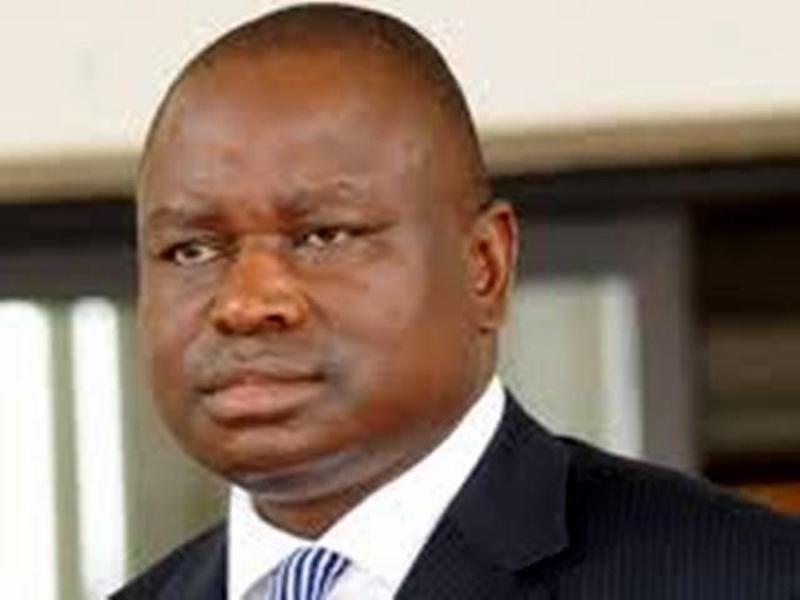Challenges Of Prosecuting Financial Crimes –EFCC
The Economic and Financial Crimes Commission has attributed delays in the determination of some high profile corruption cases to administrative and procedural issues in court including frequent transfer of judges which, most times, forces trial to start de novo.
Aisha Tahar Habib Deputy Director and Head, Legal and Prosecution, Kano Zonal Command of the Commission disclosed this on Thursday December 1, 2022 while presenting a paper on the Challenges of Prosecuting Economic and Financial Crimes at a one day capacity building workshop for journalists in Kano.
According to her, “cases being handled by judges who retire or were elevated, transferred or become deceased will have to commence de novo, thus resulting in severe setbacks for the prosecution, as the resources, time, and efforts spent becomes wasted. And this will further frustrate and derail the timely and successful prosecution of the cases as some of the witnesses may not be available to testify, thus prolonging the prosecution of such cases.”
She also highlighted the increasing sophistication of some crimes, such as cybercrimes, which were not contemplated by the provision of the existing legislations. Such she said leaves gaps that are sometimes exploited by the defendants as criminal cases must be proved beyond reasonable doubt.
She however acknowledged that the EFCC has been very successful with criminal prosecution despite the challenges. She revealed that the Kano Command of the EFCC secured a total of 180 convictions so far this year whilst losing only two.
The Zonal Commander Farouq Dogondaji who represented the Executive Chairman Abdulrasheed Bawa, said the aim of the workshop was to enhance the capacity of the participants by offering them better insights into the work and processes of the EFCC.
“This is the impetus for this workshop, designed as a meeting of minds between the media and the EFCC. The programme offers you greater insights into the processes and procedures of the EFCC. I am convinced that at the end of today’s session we will all be better informed about how EFCC functions, its challenges and what we need to do to help her achieve her statutory mandate.” he said.
Dogondaji further sought the support of the media to sustain the remarkable achievements recorded by the Commission especially in the area of recovery and convictions. He equally charged the media to assist in educating the electorates to vote wisely and shun all inducements in the forthcoming general election.
He assures the media that the EFCC is working hand in hand with the Independent National Electoral Commission (INEC) to make sure the electoral process and laws are fully enforced.
Assistant Commander of the EFCC,.ACE Dele Oyewale who presented another paper on Best Practices in Financial Crimes Reporting, harped on the need for ethical journalism and investigative reporting. According to him, journalists have crucial roles to play in the fight against corruption by exposing unethical behaviours and actions in various sectors.
In his closing remarks, Head of Media and Publicity of the Commission, Deputy Commander of the EFCC, DCE Wilson Uwujaren charged the participants to be professional and always put the public good above their personal interest. He urged them to support the Commission by collaborating more closely with her in the fight against corruption.




